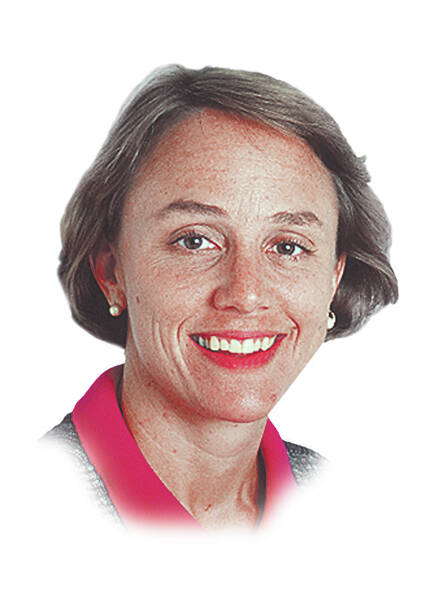I sit on my front porch in the warm May sunshine, happy simply to watch the familiar cars of neighbors passing by.
Certainly I am as inspired as a poet by the plenitude of spring, the pink blossoms of a dogwood making a canopy above my head, the multitude of chickadees tittering around the feeder, unencumbered by the gluttonous squirrels who are staying away today. They must have known I was coming.
But mostly I am grateful just to be home.
“Home is where you find light when all grows dark,” suggests science fiction novelist Pierce Brown.
“Home is the place where, when you have to go there, they have to take you in,” posited the poet Robert Frost.
“Home is the nicest word there is,” said Laura Ingalls Wilder.
Home growing up was not always these things. My parents, young and scarred by difficult childhoods, tried to make a happy home for me and my three sisters. But we could feel the tension. The eldest left when she was 17.
I was determined to make my own family home be different. Honest communication would be plentiful, discipline gentle but firm, and love the answer to most questions.
I didn’t always hit the mark. But the atmosphere was such that our modest yellow Cape Cod on the cul-de-sac in the little college town of Kent, Ohio, became the stomping grounds for my kids’ friends and, along the way, a healing haven for me.
And yet, the bottom fell out anyway.
Despite all the determination and hard work, my husband and I separated after 30 years of marriage. We continued to pull together as a family, to maintain, communicate and heal, even as the kids moved out, then in, then out again with jobs and loves and life, even as the next blow came when Steve was diagnosed with early onset dementia.
Already reeling from the separation, the kids nonetheless felt compelled to leave budding careers in far-flung cities to come home to help with the complicated care that challenged us all to our limits. Steve mercifully, I suppose, died a swift death in September that left us gasping for breath, even as now my health was deteriorating to the point that I needed inpatient rehab.
For the bulk of five months, from January to May, the house that once rocked with the active lives of five people was empty.
With the help of my children and my friends, I moved in and out of various facilities trying to find the right formula to restore my health.
Allowing others to care for me seemed like what I needed to do to help myself physically. And yet it was foreign to me. I’d never been admitted to a hospital for an extended stay. I was disoriented in strange surroundings with strange food and strange people, especially with all we were grieving. I just wanted to go home. But to what? What was home now?
A week ago, doctors said I was walking well enough to be released. Friends prepared the little yellow house and yard for my homecoming and signed on to blocks of time to help me in the home.
I immediately found comfort in the old familiar sameness, the way the light streams through the kitchen window in the morning, the curve of the floor where Benjie learned to walk, even as things were different: I confine myself now to one floor, get around on a walker and sleep in a hospital bed. The kids come to help where they can. But most of the time, it’s just me here. Suddenly I am confronting the empty nest, the end of a marriage, the death of a life partner and illness all at once and on my own.
Sometimes, especially at night, I lie in bed and think I should leave this place I love and move near my sisters in the South, where we all grew up. My vision in this house, once the vision of a mother with dreams for her children, seems stuck in the loss that fantasy novelist Robin Hobb speaks of.
“If you go back there (home) after the people are gone, then all you can see is what is not there anymore,” says Hobb.
Other times I consider the words of Swiss writer and philosopher Peter Bieri.
“We leave something of ourselves behind when we leave a place,” writes Bieri. ”We stay there even though we go away. And there are things in us that we can find again only by going back there.”
It is a complex conundrum I imagine most of us face at some point in our lives.
I can’t see the answer just yet.
And so I go back to the front porch, a perch from whence I used to watch the kids catch fireflies and throw Frisbees. And I watch the cars go by.







